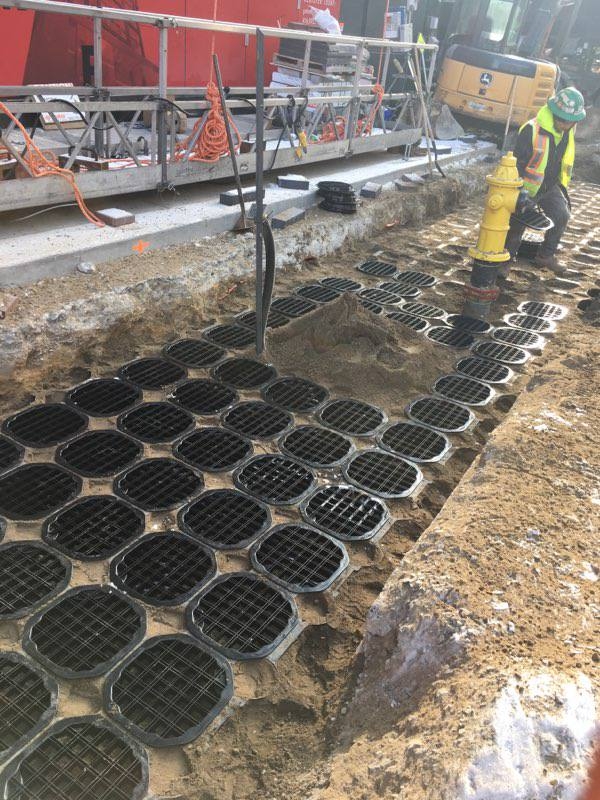
FEB
06
BENEFITS OF SOIL CELLS
What is a soil cell system?
The soil cell system is a combination of hollow plastic supports (typically cubic in shape) replete with soil. Soil cells, also known as Silva Cells, are typically enclosed at the top and bottom, and most have a top or deck that concurrently acts as a roof to the soil enclosure and as a base for placing aggregates, casting concrete, or placing other hard surface materials on top of the soil cells.
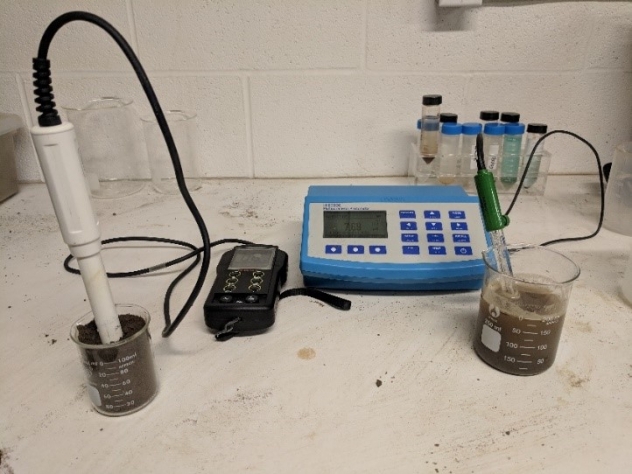
NOV
07
WHAT IS SOIL PH?
Soil pH is extremely important to monitor and control in order to ensure optimal growth and longevity of plants, trees and crops. Soil pH refers to the acidity or alkalinity of soil and is measured in pH units.
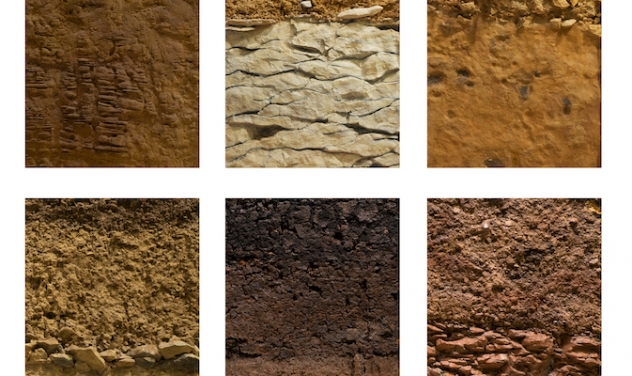
JUL
18
5 WAYS IN WHICH SOILS DIFFER FROM ONE ANOTHER
Soil is vital to life and essential for growing most of the food we consume. Many soil experts describe soil as a natural body that forms as the result of these five factors: climate, organisms (plants, animals, and microorganisms), relief (shape of the landscape), parent materials, and time. It is these five factors that define soil and show how soil types differ from each other.
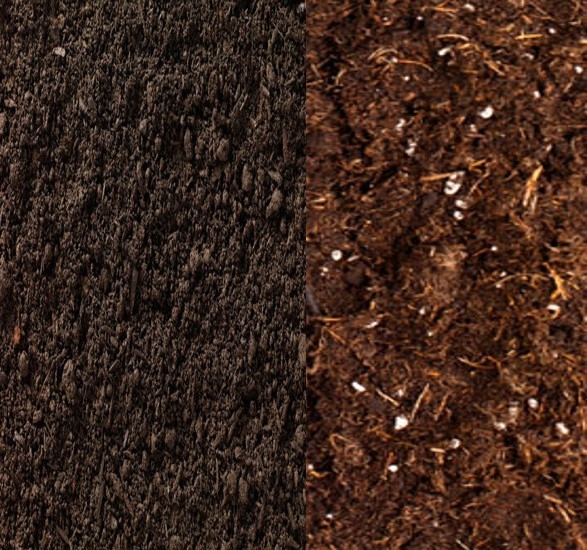
FEB
15
COMMON MYTHS ABOUT SOIL AND COMPOST
Soil can be a complex product with many different elements and properties. There are a wide variety of uses and applications and from which people have various opinions. We’re here to try to dispel some common myths about soil and compost.
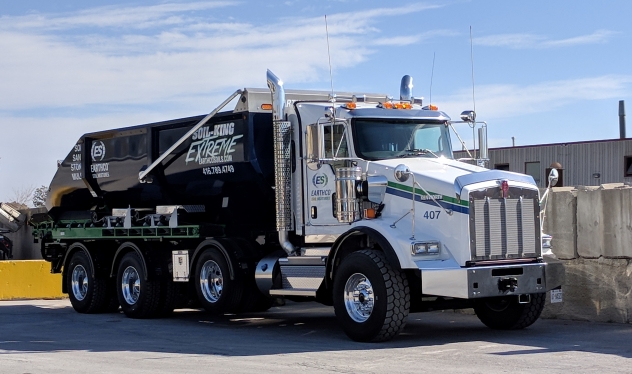
NOV
06
THE SOIL KING EXTREME SLINGER
Meet the newest addition to the Earthco fleet, the Soil King Extreme. An improvement from the Soil King Plus, the Soil King Extreme Slinger boasts the most recent industry innovation. The Soil King Extreme's security, flexibility and sturdiness is unmatched in the soil and stone spreading industry, helping us take care of business more securely and more productively than any other soil, mulch and stone supplier. This new spreader additionally makes us more efficient, holding a volume of 30 cubic yards when conveying lighter materials, versus 25 yards on a traditional slinger truck. Utilizing the licensed metering bar, a limited administrator can control the position of topsoil, stone, sand and other material by remote operation.




